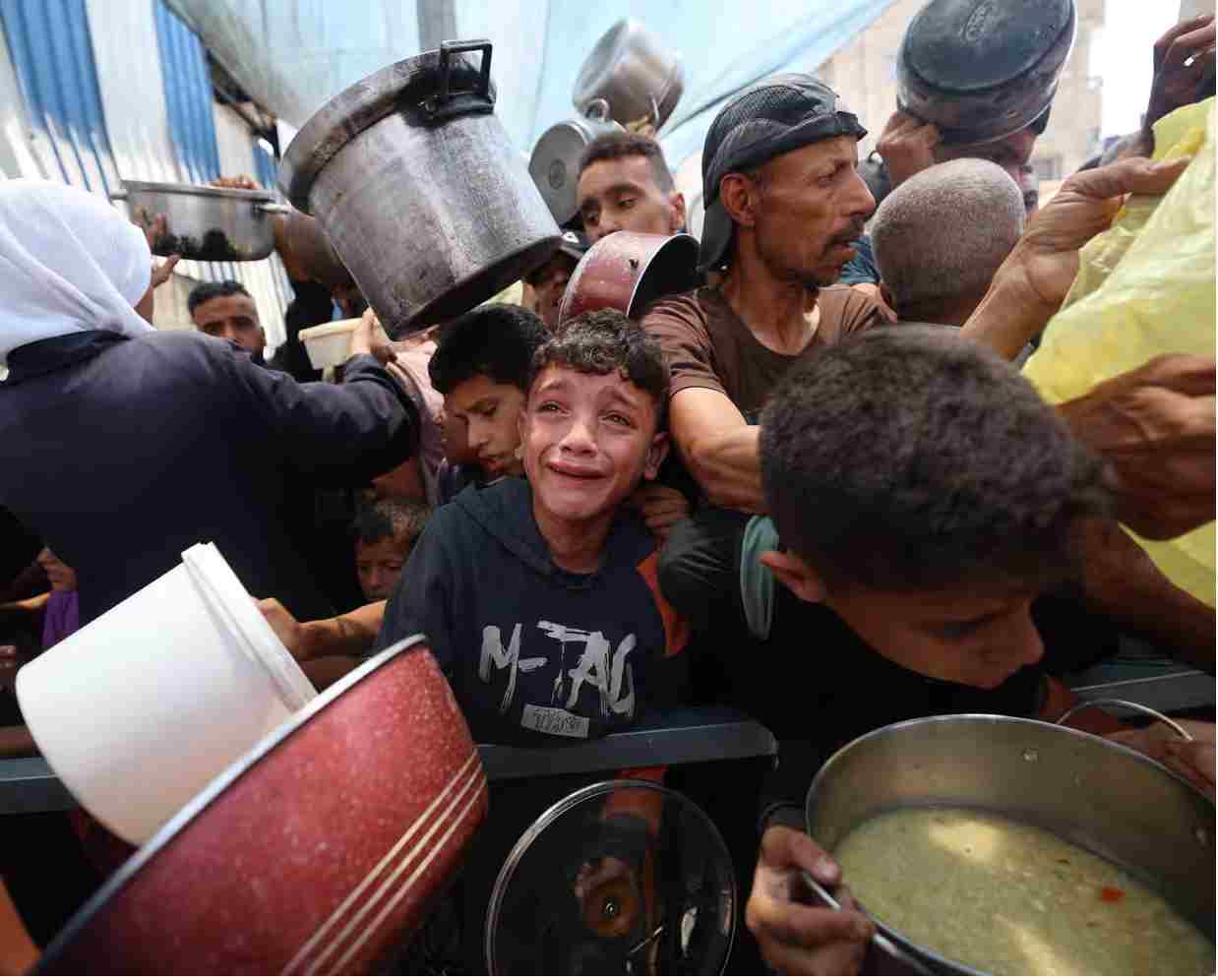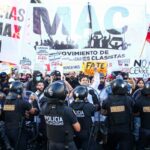
UN’s help system to Gaza was safe and worthy. Today we are humiliated or injured by those in charge of helping us.
Ahmad Zeidan’s 12 -year -old’s mother was shot and killed in front of him while trying to secure food for her hungry family at one of the new US -backed food distribution points. He was lying beside her body for hours, afraid to get up and run, as any movement could cause his death.
His mother’s death was one of many in the last days in the hands of Israeli forces on the way or in facilities operated by the Gaza Humanitarian Foundation (GHF). On Sunday, June 1, more than 30 people were killed. On Monday, June 2, three people were killed. On Tuesday, June 3, 27 people were killed. On Sunday, June 8, four people were killed. On Tuesday, June 10, 17 people were killed. On Wednesday, June 11, 60 people were killed.
In Gaza, hunger has been used as a weapon of war since the beginning of genocide to weaken us and control. When US humanitarian aid began preparing distribution points to provide food to the population of Gaza, they offered a glimpse of hope that this hunger would finally be relieved. Now there is no hope. These points of help became deadly traps. I shapely remember the episode “Red Light, Green Light” from Round 6, but no one in Gaza wins.
At Netzarim’s distribution point, hunger -weakened people walked up to 15 km through the hot sand, but when they arrived, they were stopped in barriers and forced to pass them one by one. They were then led to an area surrounded by fences, where basic supply boxes were spread across the floor, triggering a frantic rush. People fought desperately to reach them.
Ahmad describes the moment his mother was shot at the Call Center – Video
Some took only items that they considered valuable, such as flour, which became inaccessible, and left the rest behind. There were no clear systems for prioritizing vulnerable individuals such as widows, injured or elderly. The scene was like throwing meat into a hungry cage and watching them fight for survival. Of course, only the strongest win.
After only 10 or 15 minutes, tanks began to approach the fences and opened fire on the crowd, shooting all young and old. People started running, desperate to escape. Some carried the little they could catch, others fleeing empty hands. They saw people falling around them, but could not stop to help. Stop meant meant to die.
Some managed to get out of visits to the service posts. I heard my neighbor returning from a trip that lasted more than four hours. He called the children, “Baba, drool, I brought you bread! Baba, I brought you sugar!” I looked out the window and saw his children shouting with joy and hugging him. He was dripping sweat, wearing only one vest. His shirt was tied to the back, full of the small amount of help he had gathered.
People are desperate. People are hungry. We are not bad people. We are not violent or wild. We are people who value our dignity above all. But the hunger we face is indescribable. Food is a right, not a privilege by which one fights. However, we live in hunger. There is simply nothing to eat. When we go to markets, there is nothing available. The roads are full of gunmen who attack the weak to steal any help they can get. Then traders take it and sell at extremely inflated prices.
In contrast, Unrwa’s aid system offered a different, structured, human and community -based model. My father, who is a teacher at Unrwa schools, used to work with them in the distribution of food vouchers and supplies to the population. The aid was provided by family members and confidence of the community – teachers, neighbors – under the protection of local security. Most importantly, people were treated with dignity.
The system was divided into monthly rounds, starting with large families and then moving to the minors, each family with a registration number. Each family in Gaza used to receive their fair part through this system – flour, gasoline, sugar, oil and other essential items – all distributed through ordered and decent coupons.
Although there were not many types of food available, we are not hungry at least. We had enough to eat, to fill the belly. Today we are starving. This is the so -called humanitarian aid. But it’s anything but humanitarian. It’s humiliation, nothing more.
Originally published by The Guardian on 16/06/2025
Por Esra ABO Qamar
Esraa ABO Qamar is a writer who lives in Gaza
Source: https://www.ocafezinho.com/2025/06/16/morrendo-de-fome-e-depois-fuzilados-nao-ha-mais-esperanca-para-nos-palestinos/

